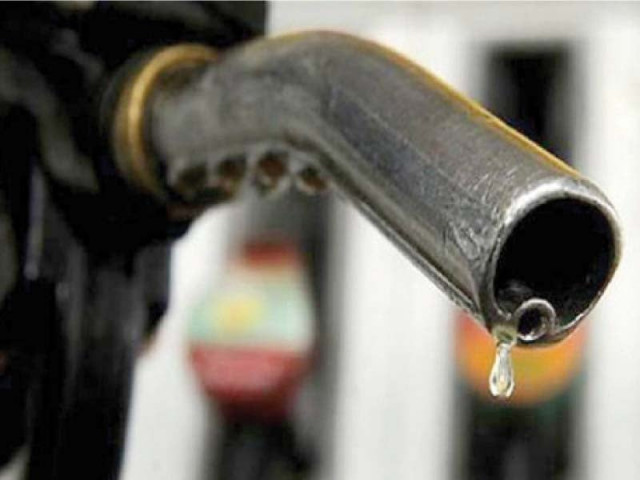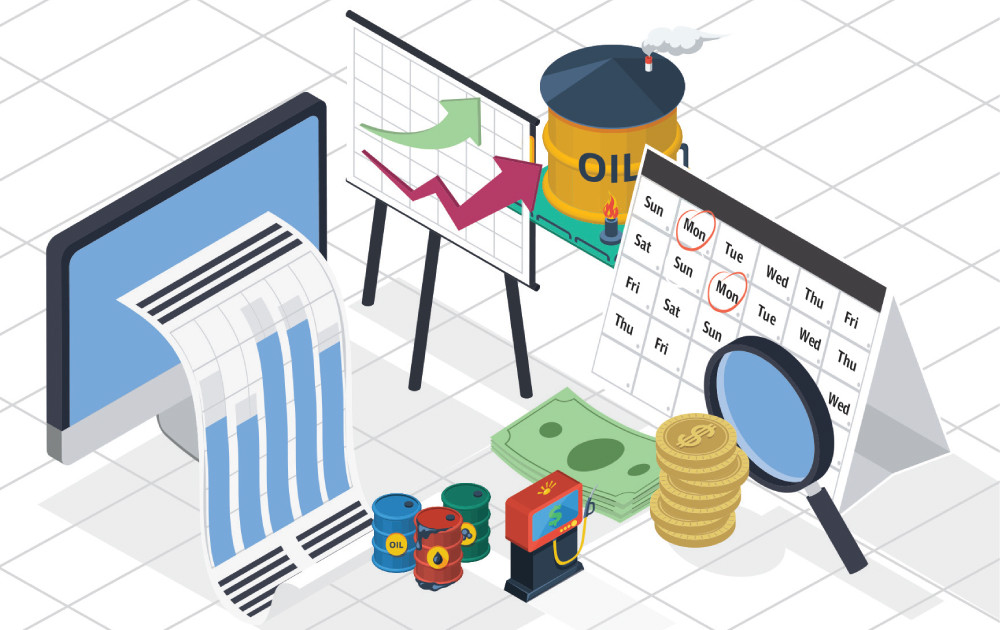Govt mulls weekly oil price revisions
OGRA writes letters to oil industry, asking it to switch to new mechanism

A proposal is under consideration that, if accepted, will lead to weekly revisions in petroleum product prices, contrary to the prevailing practice of fortnightly price announcements.
Before switching to fortnightly rate revisions, the government was announcing changes in petroleum prices at the end of every month. The fortnightly system came into effect from September 1, 2020.
Now, the Oil and Gas Regulatory Authority (Ogra) – the industry regulator – is discussing with the oil industry the possibility of reviewing prices every week. In support of the proposal, the regulator has written letters to stakeholders, encouraging them to switch from the fortnightly to weekly mechanism.
In a letter, Ogra revealed that a proposal was being considered by think tanks to opt for weekly revisions in petroleum prices and advised the stakeholders to furnish meaningful reviews and comments including its benefits and drawbacks.
Read OGRA, Pakistan Refinery strike deal for plant expansion
Earlier, the shift from monthly to fortnightly price reviews came following growing calls from the oil industry in a bid to shield them from inventory losses.

design: mohsin alam
design: mohsin alam
In recent weeks, petroleum product prices have been revised down in the country, resulting in inventory losses for the oil industry. “The policy change to weekly price reviews will help the oil industry to stave off potential losses,” said an official.
Pakistan has seen artificial shortages of petroleum products, allegedly caused by dealers, at regular intervals, particularly at the time of price reviews.
On occasions when prices are supposed to go up, the dealers stop the sale of petroleum products to make windfall gains later. However when prices are expected to go down, they try to avoid inventory losses by halting or slowing down oil sales.
The weekly price revisions are expected to address such recurring problems. When discussions with stakeholders come to an end, Ogra will send recommendations to the Petroleum Division for review and presenting them in the form of a summary to the Economic Coordination Committee (ECC) for formal approval.
Earlier, the previous Pakistan Democratic Movement (PDM) government had agreed on the deregulation of petroleum products with no state control over fixing prices, which would be set by the oil industry.
Read more Ex-member OGRA opposes guaranteed return
An energy task force, headed by Shahid Khaqan Abbasi, had decided to clear the way for deregulation. All stakeholders agreed that the products produced locally by oil refineries and those imported by Pakistan State Oil (PSO) would compete in the domestic market.
PSO imports 50% of petroleum products whereas 50% of oil is produced locally by the refineries to meet energy demand.
The government had planned to enforce the system from November 1, 2022 but it could not be put in place.
The plan failed to see the light of day owing to a row between then energy task force chairman Abbasi and ex-state minister of petroleum Musadiq Malik. The tussle halted work in the energy sector and the PDM administration failed in its efforts to deliver results.
RLNG prices increased
Ogra on Friday notified a 1.2% increase in prices of re-gasified liquefied natural gas (RLNG) effective from November 1, 2023.
The regulator officially announced RLNG prices, an adjustment that aligns with the policy guidelines set forth by the federal government.
The newly determined rates reflect changes in international markets, particularly in LNG and Brent crude prices.
Read further ECC rejects gas cess proposal
For Sui Northern Gas Pipelines Limited (SNGPL), the transmission price is now $12.4687 per million British thermal units (mmBtu), up from October’s price of $12.3207. Distribution price has been revised to $13.4930 per mmBtu, up from $13.3332. Similarly, for Sui Southern Gas Company Limited (SSGCL), the transmission price has been raised to $12.0477 per mmBtu from the previous $11.9086 while the distribution price will be $14.0337 per mmBtu, higher than $13.8716 in October.
These adjustments translate into an overall price increase of 1.20% for SNGPL and 1.17% for SSGCL in both transmission and distribution segments.
The decision to revise RLNG prices came as a direct response to the fluctuating LNG and Brent crude prices in the international market, highlighting the global energy dynamics and their impact on local energy pricing.
This latest development is expected to have significant implications for both commercial and residential consumers of natural gas in Pakistan. As winter approaches, the revision in RLNG prices can influence the cost of heating and cooking across the country.
Published in The Express Tribune, November 25th, 2023.
Like Business on Facebook, follow @TribuneBiz on Twitter to stay informed and join in the conversation.



















COMMENTS
Comments are moderated and generally will be posted if they are on-topic and not abusive.
For more information, please see our Comments FAQ